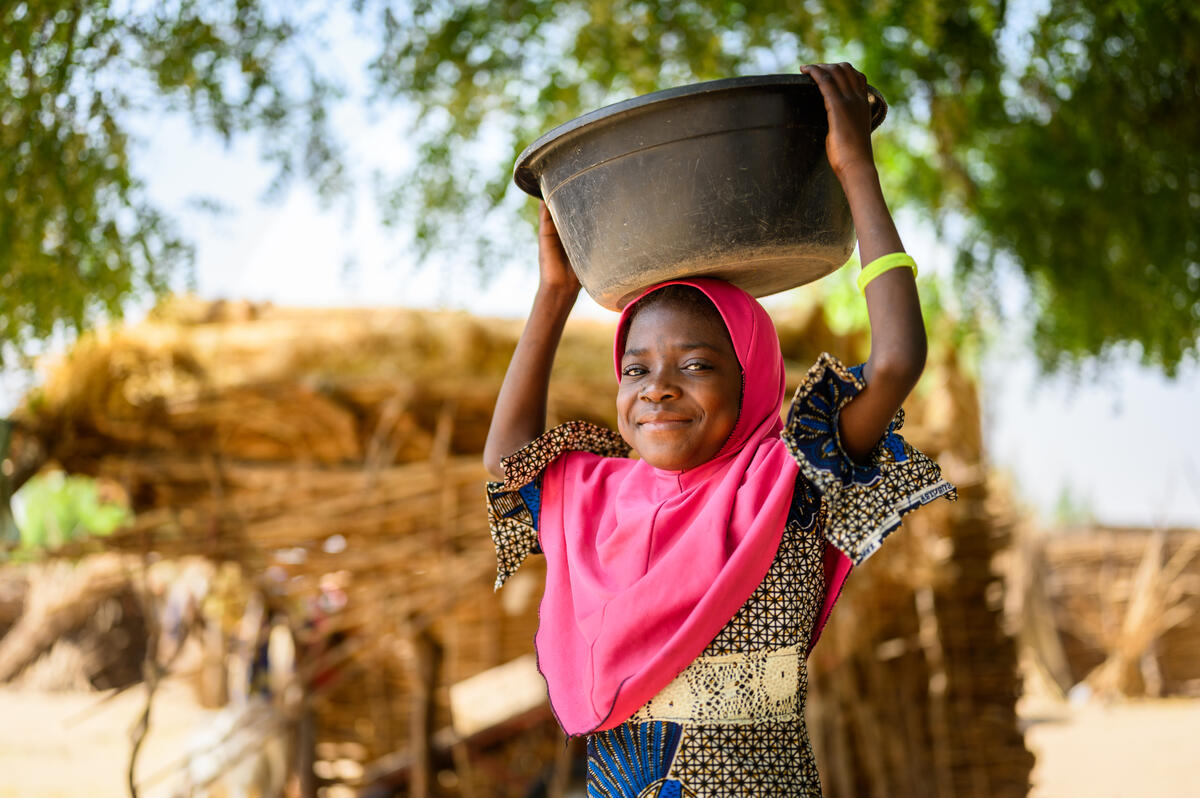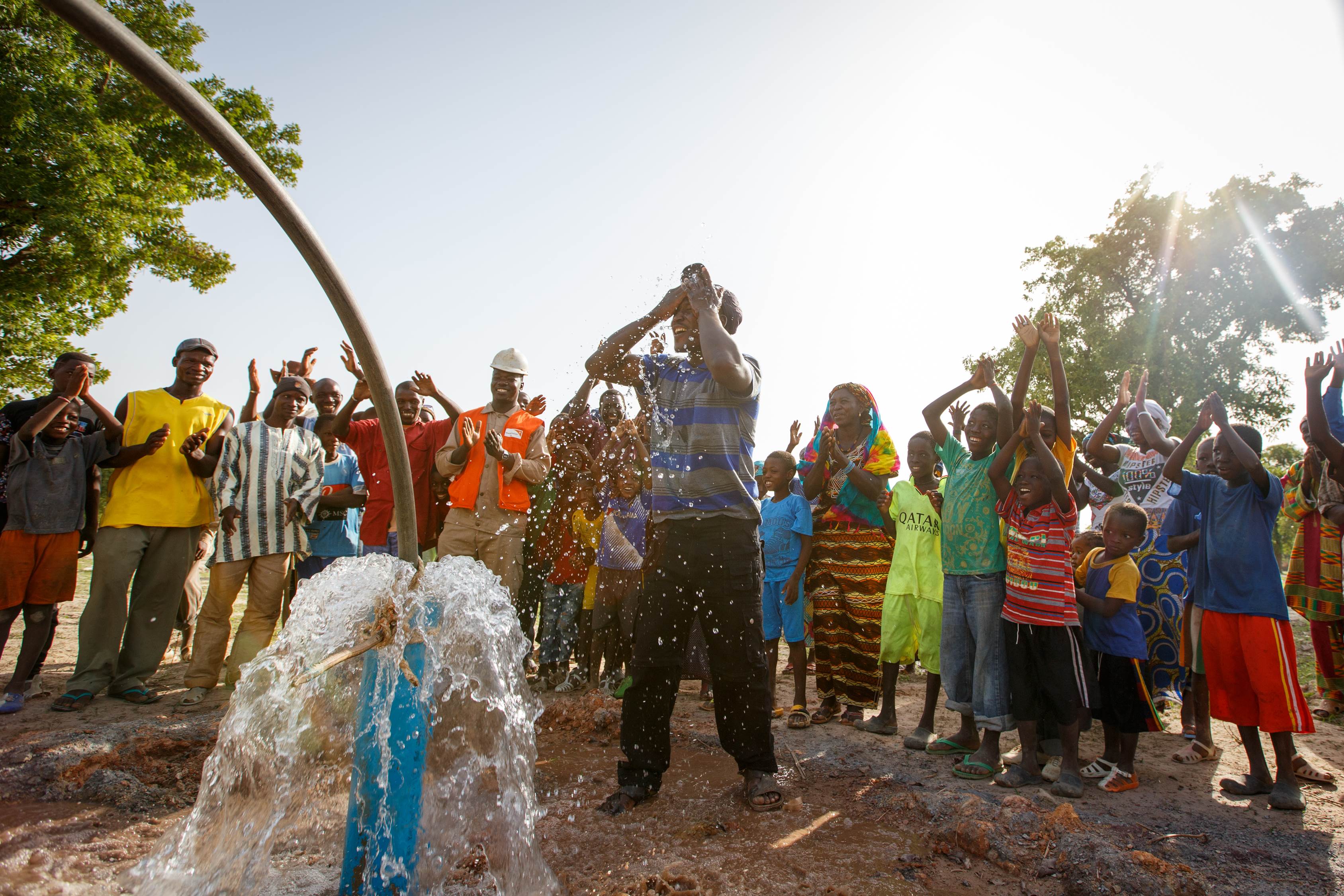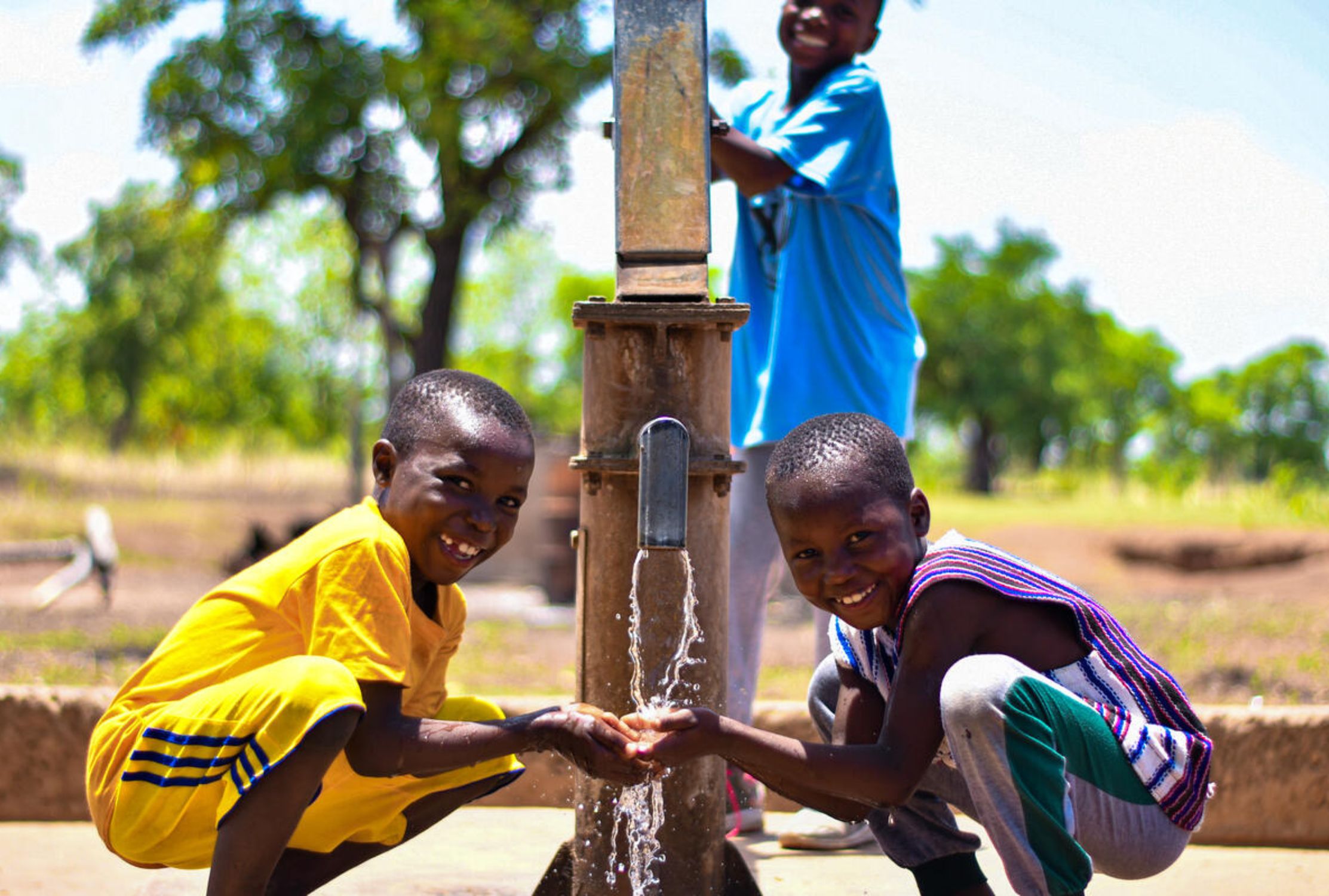Clean water and proper sanitation are essential for children to grow up happy and healthy but according to the United Nations, 2.2 billion people are living without safely managed drinking water. Millions of children, often girls, are forced to walk an average of six kilometres (or 3.7 miles) every day to find water. Water that isn’t even safe or clean.
As a clean water charity, World Vision is partnering with communities to reach more children with clean water and provide long-term solutions to water scarcity. Learn more about World Water Day and how you can protect children from waterborne diseases and preventable thirst.
What is World Water Day?
World Water Day is an annual international day observed to raise awareness of the need for access to safe and clean water. Water scarcity is predicted to increase due to population growth and climate change.
There are a range of ways you can take action to solve the water and sanitation crisis on the day. From taking shorter showers to writing to politicians, you can support the achievement of Sustainable Development Goal 6: water and sanitation for all by 2030. Many people and organisations also choose to voice their support online by using the hashtag #WorldWaterDay on social media.







